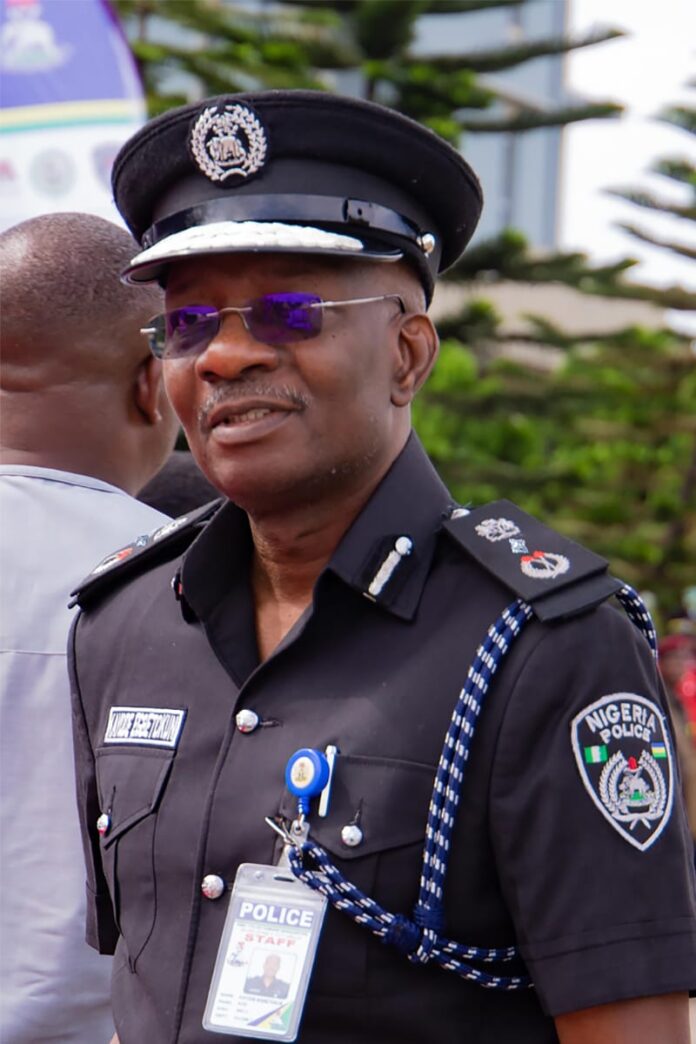On Thursday, the Nigeria Police Force dismissed claims that it is targeting journalists and curtailing press freedom by using the amended Cybercrime Act of 2024.

Recently, journalists have faced increased scrutiny and arrests under this act. Among those affected are Segun Olatunji, former editor of First News; Daniel Ojukwu from the Foundation for Investigative Journalism; Dayo Aiyetan, Executive Director of the International Centre for Investigative Reporting; and Nurudeen Akewushola, an investigative journalist.
During a briefing in Abuja organized by the Strategic Communications Interagency Policy Committee, Police Spokesperson Muyiwa Adejobi assured that the police are not trying to hinder journalists’ work.
Adejobi said, “We are not using the Cybercrime Act to harass or suppress journalists or press freedom. If you want to be a whistleblower, ensure your facts are accurate.”
He emphasized that journalists could be prosecuted under various laws for publishing defamatory content.
Adejobi explained, “Defamation is covered by the Cybercrime Act, and other laws in Nigeria also address defamation. Anyone publishing false information can be taken to court. As police, we have multiple laws at our disposal for prosecution. Despite the NSA calling for full implementation of the act, we can use any law to prosecute offenders.”
He clarified that journalists do not have immunity from prosecution. “Being a journalist does not exempt you from the law. If an offence is committed, the police are obligated to investigate,” Adejobi stated.
He urged journalists to respond to police invitations and to inform his office if they are summoned. “Certified journalists should honor invitations and contact the Force spokesperson’s office. Many of those claiming victimization haven’t reached out to me. In Nigeria, everyone practices citizen journalism.”
Adejobi noted that no mainstream media journalists have been arrested yet. “We haven’t arrested anyone from mainstream media. Some bloggers often break the law by publishing unverified information. Ensure your reports are balanced. If you’re asked to clarify, don’t evade it. We are approachable,” he added.
He criticized media outlets for using the term “abduction” to describe arrests, clarifying, “We arrest, we don’t abduct. If an arrest is disputed, we explain the reasons.”
Adejobi stated that colleagues cannot stand as surety for arrested journalists. “When arrested, your statement is taken under caution, and you must be bailed by a substantive surety. A colleague cannot serve as a surety,” he emphasized.
He concluded by noting that the police are not required to extend invitations during investigations, viewing it as a courtesy.
Victoria Ibiama




